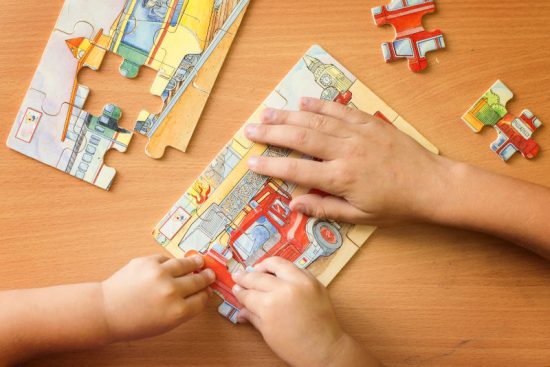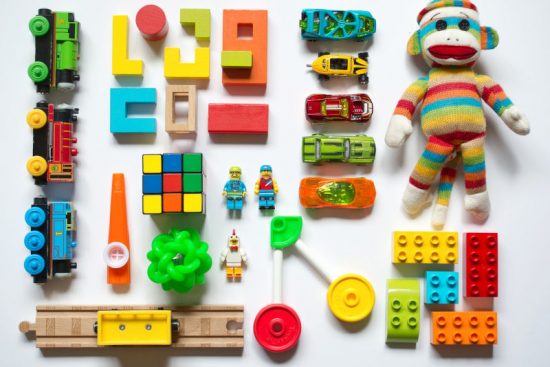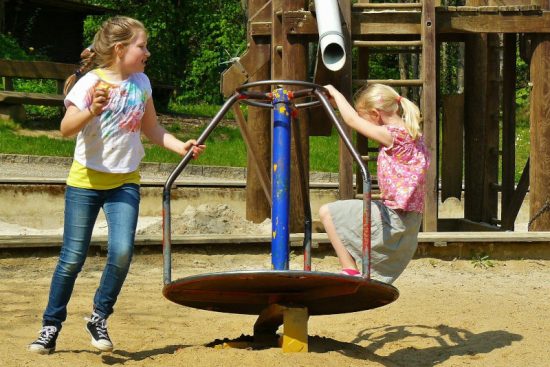The birth of a child is a life-changing event, filled with joy, excitement, and sometimes unexpected challenges. For parents and families affected by birth injuries, the journey to recovery can feel overwhelming. However, with the right support, mindset, and actionable steps, it is possible to regain normalcy and foster a joyful, loving bond with your baby. This blog explores practical tips for recovering from birth injuries while creating a nurturing and enjoyable environment for your child.
Understanding Birth Injuries
Birth injuries refer to any harm a baby or mother sustains during labor and delivery. These can range from minor bruises to more severe complications, such as Erb’s palsy, cerebral palsy, or postpartum injuries for the mother. Although every case is unique, recovery typically involves physical, emotional, and sometimes legal considerations. Recognizing that healing takes time and involves the whole family is the first step toward recovery.
Steps to Regain Normalcy After Birth Injuries
Recovering from birth injuries requires a combination of medical care, emotional resilience, and proactive planning. Here’s how to start rebuilding your routine:
Seek Immediate Medical Attention
- Follow up with your healthcare provider to understand the extent of the injury and treatment options.
- If your baby requires specialized care, consider consulting a pediatric neurologist, orthopedic specialist, or physical therapist.
- For mothers recovering from physical injuries, prioritize postpartum check-ups and seek help for conditions like pelvic pain, incontinence, or cesarean recovery.
Build a Support Network
- Lean on family, friends, and community resources for emotional and practical support.
- Join local or online support groups specifically for parents dealing with birth injuries.
- Consider hiring a postpartum doula or caregiver to assist with household tasks and baby care while you recover physically and emotionally.
Create a Flexible Routine
- Establish a gentle daily routine that balances your baby’s needs with your recovery process.
- Prioritize rest and self-care, even if it means adjusting expectations or delegating tasks to others.
- Incorporate physical therapy exercises (for both the mother and baby) into your schedule as prescribed by your healthcare provider.
Take Advantage of Early Intervention Services

- Many states offer early intervention programs that provide free or low-cost physical, occupational, or speech therapy for infants and toddlers with birth injuries.
- Early therapy not only addresses developmental delays but also helps foster a stronger parent-child bond through guided activities.
Supporting Your Baby with Love and Fun Activities
While focusing on recovery, don’t lose sight of the joy that comes from bonding with your baby. Here are ways to ensure your child thrives while also nurturing your emotional connection:
Engage in Sensory Play
- Babies learn through sensory experiences. Simple activities like gently massaging your baby, singing lullabies, or offering textured toys can aid development while building trust.
- For babies with physical limitations, adaptive toys or exercises guided by a therapist can be particularly effective.
Focus on Tummy Time
- Tummy time is crucial for strengthening your baby’s neck, back, and shoulder muscles. If your baby has limited mobility due to a birth injury, consult a therapist for modifications.
- Make tummy time fun by placing colorful toys or mirrors in front of your baby to encourage exploration.
Practice Skin-to-Skin Contact
- Skin-to-skin contact isn’t just for the newborn stage—it continues to provide comfort, regulate your baby’s body temperature, and strengthen emotional bonds.
- Use this time to relax and connect with your baby, helping both of you heal emotionally.
Read and Talk to Your Baby
- Narrate your daily activities, read picture books, or play soothing music to stimulate your baby’s language and auditory development.
- Even if your baby is too young to respond with words, your voice and facial expressions help establish trust and communication.
Celebrate Milestones, Big or Small
- Recovery from birth injuries can mean that developmental milestones may take longer to achieve. Celebrate every small victory, whether it’s your baby lifting their head, rolling over, or smiling.
- Keep a milestone journal to document progress and share moments of joy with loved ones.
Prioritizing Self-Care for Parents
Recovering from a traumatic birth experience is not only about physical healing but also about nurturing your mental health.

Parents often neglect their well-being while caring for a baby, but self-care is vital for regaining normalcy.
Address Emotional Trauma
- Birth injuries can leave emotional scars, such as guilt, anxiety, or postpartum depression. Speak openly with your partner, therapist, or support group about your feelings.
- If you’re struggling, don’t hesitate to reach out to a licensed counselor who specializes in postpartum mental health or trauma.
Reclaim Your Identity
- Parenthood is transformative, but it’s important to retain aspects of your pre-baby identity. Set aside time for hobbies, exercise, or quiet moments to recharge.
- A small outing, like grabbing coffee with a friend or going for a walk, can work wonders for your mental well-being.
Communicate with Your Partner
- Navigating the aftermath of birth injuries requires teamwork. Share your feelings and concerns with your partner and collaborate on strategies to support each other.
- Schedule regular check-ins to ensure both of you feel heard and supported.
Practice Gratitude
- While challenges may seem overwhelming, focusing on the positives—such as your baby’s resilience or small moments of joy—can shift your perspective.
- Create a gratitude journal where you jot down one or two things you’re thankful for each day.
Building a Stronger Future for Your Family
Recovering from birth injuries is a marathon, not a sprint. Over time, the steps you take to heal and adapt will help you build a stronger, more resilient family unit. Whether it’s through therapy, playful bonding activities, or moments of quiet self-reflection, each action contributes to regaining normalcy.
Long-Term Tips
- Continue advocating for your child’s needs by staying informed about developmental milestones and educational resources.
- Keep communication open with medical professionals to monitor progress and adjust care plans as necessary.
- Invest in family traditions or rituals, like bedtime stories or weekend outings, to create lasting memories filled with love and laughter.
Final Thoughts
Dealing with the aftermath of birth injuries can feel daunting, but with patience, support, and proactive steps, you can regain a sense of normalcy while fostering a loving and playful environment for your baby. Remember, recovery is a journey—not just for your baby but for you as a parent. Celebrate progress, seek help when needed, and focus on creating moments of joy and connection.
By embracing both the challenges and the joys of this unique parenting experience, you can transform adversity into an opportunity for growth, love, and resilience.




